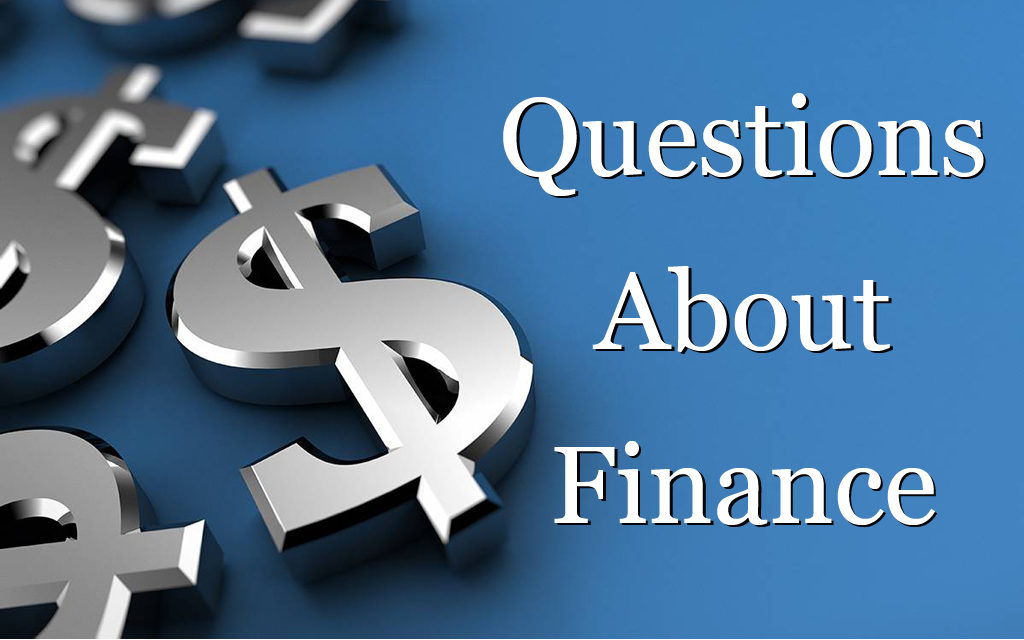by Taylor Kovar, CEO – Kovar Capital
Hi Taylor – What’s up with the protests in Hong Kong? Feels like they’ve been going on for a long time now and I’m not really sure I understand what it’s all about. – Anthony
Hey Anthony – You’re right, the people of Hong Kong have been taking to the streets for over six months. Unless you’re following closely, it’s hard to keep track of why it all started and where it’s headed. I’ll try to give a condensed recap.
For starters, to understand any of it you need to know about the semi-autonomous relationship Hong Kong has with mainland China. After ending its run as a British colony in 1997, Hong Kong was absorbed by China but with a “one country, two systems” arrangement, allowing Hong Kong to operate democratically, unlike the autocratic system under the Communist Party of China (CPC). The people in Hong Kong have far more rights and freedoms than the rest of the Chinese.
Back in April, an extradition bill was introduced that would have had certain criminals in Hong Kong transported to the mainland for their trials. Protests started immediately since this kind of law would undermine the separate governing and legal systems, plus it seemed to many like another way for the Chinese government to crackdown on dissent.
The CPC sent tanks and troops in a show of intimidation as the protests grew to the massive numbers you may have seen on TV. The bill ended up getting suspended, but most people in opposition assumed it would just come back to the floor as soon as the resistance died down, so protesting efforts continued and amplified until we got to August when one of the Hong Kong airports was shut down briefly.
In October and now into mid-November, violence has spiked and a few protestors have been seriously injured. While the bill was officially abandoned in September, the ongoing protests have become more about the rights of assembly and free speech.
We’re hearing a lot about Hong Kong because it’s such a clear clash of democracy and authoritarianism. While one specific bill incited all this, there are much bigger issues at the core of the debate. With China’s economy having so much global sway and so many direct links to our own markets (as we have seen over the past few months with the trade war), we’re seeing a mix of reactions when it comes to how people respond to the actions taken by the Chinese government.
Now, since a handful of non-violent protestors have been met with violence, it’s hard to imagine things calming down anytime soon. I’m praying for the injured and hoping that a peaceful resolution is reached before things escalate further. Democracy is a fragile thing and it’s a little unnerving to see these struggles happening within a global superpower.





